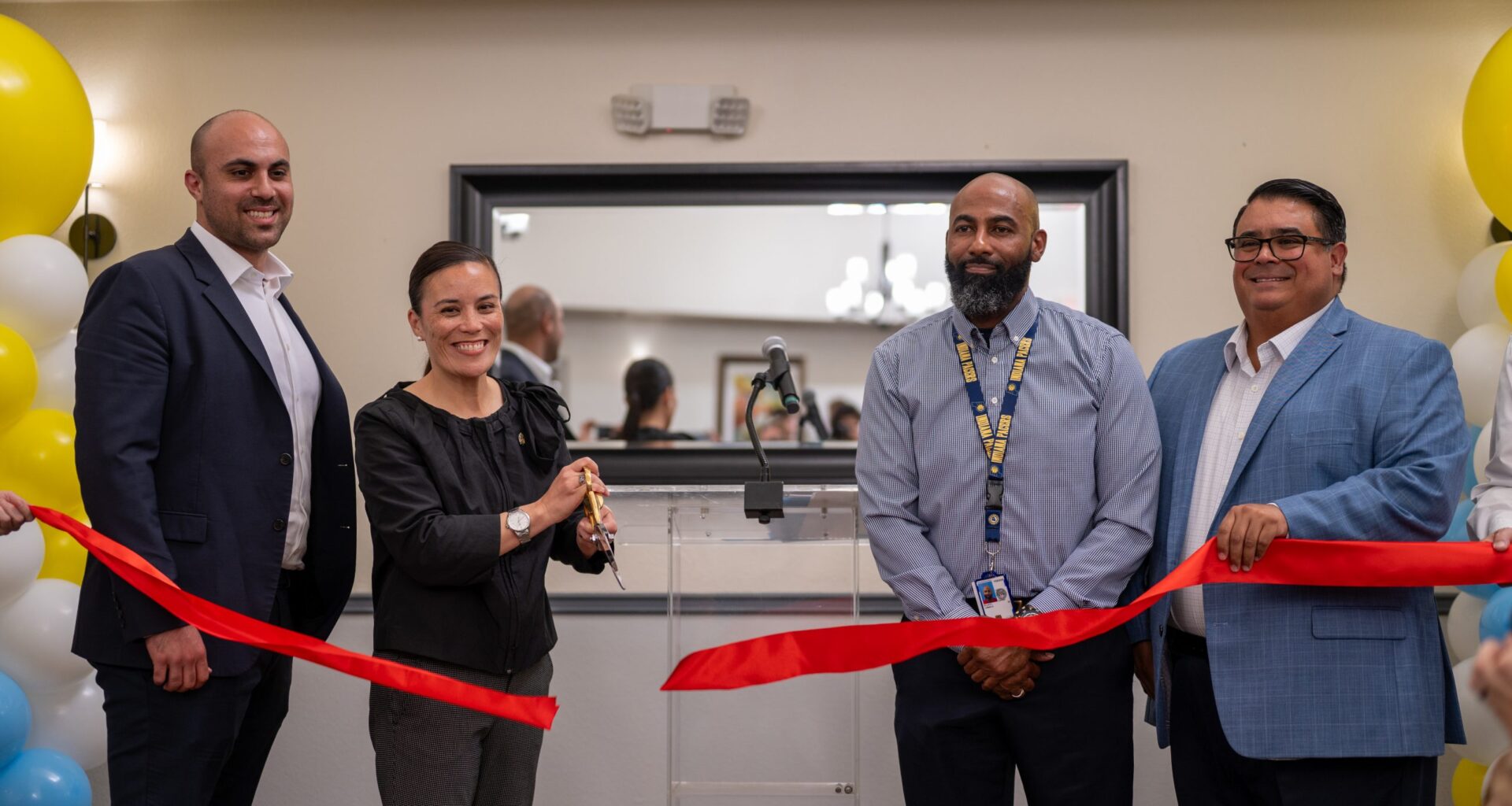San Antonio’s Planning and Community Development Committee voted Tuesday to recommend the creation of a task force that would focus on boosting housing supply for some of the city’s most vulnerable populations.
The task force, requested by Mayor Gina Ortiz Jones, directs Neighborhood and Housing Services Department staff (NHSD) to convene stakeholders and deliver recommendations for seniors, people with disabilities, veterans receiving housing vouchers and LGBTQ+ youth experiencing homelessness.
NHSD will staff the task force with support from Homeless Services and the San Antonio Housing Trust; the group will use panel discussions, focus groups and digital surveys to identify both immediate housing needs and long-term solutions.
Veterans with housing vouchers are the first group to be tackled, with conversations already underway through the city’s Rental Engagement and Assistance to Connect with Housing initiative, also known as REACH. Housing vouchers are federal subsidies that cover part of a tenant’s rent, but recipients often struggle to find landlords willing to accept them.
REACH was formed last year at the committee’s request to address that issue. It has since developed nine recommendations to increase voucher use and continues to meet quarterly.
Using those policy recommendations, one of the partners in the task force — the San Antonio Housing Trust — has begun to address the veteran voucher situation.
In July, the trust opened Valor Hill Apartments near the South Texas Medical Center in collaboration with GoodHomes LLC— a New York-based developer. The project converted a former assisted living center into affordable housing with 20 units reserved for voucher holders with dedicated on-site assistance provided by the Department of Veterans Affairs and partners.
 A room at the Valor Hill Apartments where the San Antonio Housing Trust launched affordable housing for 20 veterans with housing vouchers on Tuesday, July 29. Credit: Diego Medel / San Antonio Report
A room at the Valor Hill Apartments where the San Antonio Housing Trust launched affordable housing for 20 veterans with housing vouchers on Tuesday, July 29. Credit: Diego Medel / San Antonio Report
The task force is expected to build on similar approaches as it shifts focus to other groups in the months ahead — people with disabilities in October, older adults in November and LGBTQ+ youth experiencing homelessness in December.
Stakeholders already identified include disAbilitySA, Meals on Wheels, Thrive Youth Center and the Alliance to House Everyone, which coordinates the city’s homeless response system.
The group will continue recruiting stakeholders ahead of a Jan. 15 deadline to present its findings to City Council. Those recommendations will be folded into the city’s five-year Strategic Housing Implementation Plan update, which will be unveiled during the annual Housing in San Antonio event later that month.
While the committee unanimously backed creation of the task force, members pressed for more than broad recommendations.
District 1 Councilmember Sukh Kaur emphasized the need for better data to measure housing demand among vulnerable groups.
“We don’t actually have a really good way to track the actual need from each of these communities,” she said. “Of course we know based on how many units we have built, we need more 30% area median income units, but how do we break that down into subgroups and see where are they falling and where are they missing the mark.”
Others called for broadening the task force’s scope. District 5 Councilwoman Teri Castillo urged the task force to also consider justice-involved residents, who she said often face blanket rejections from landlords despite holding steady jobs.
“These are individuals with records who are trying to move forward but can’t find quality housing,” Castillo said, she pointed to local organizations like Big Homies and Big Mama’s Safe House as potential partners who could share insight into those barriers.
Castillo also pressed for aligning city policy with standards already adopted by the Housing Trust. She said the Unified Development Code should be updated to reflect accessibility expectations and suggested leveraging tools like the vacant building program and land banking to help expand housing supply.
Committee Chair Edward Mungia, who represents District 4, said transparency and accountability will be critical as the task force gets underway. He suggested holding at least one public meeting where residents can share their experiences directly and asked for regular updates on its progress.
“We need to know what each entity is doing so we’re not duplicating efforts,” Mungia said, adding that the task force’s work should clarify how city, county and nonprofit partners divide responsibilities. “That way we can focus our resources where they’re most effective.”
With the committee’s unanimous vote, the proposal now heads to the full City Council for consideration.
